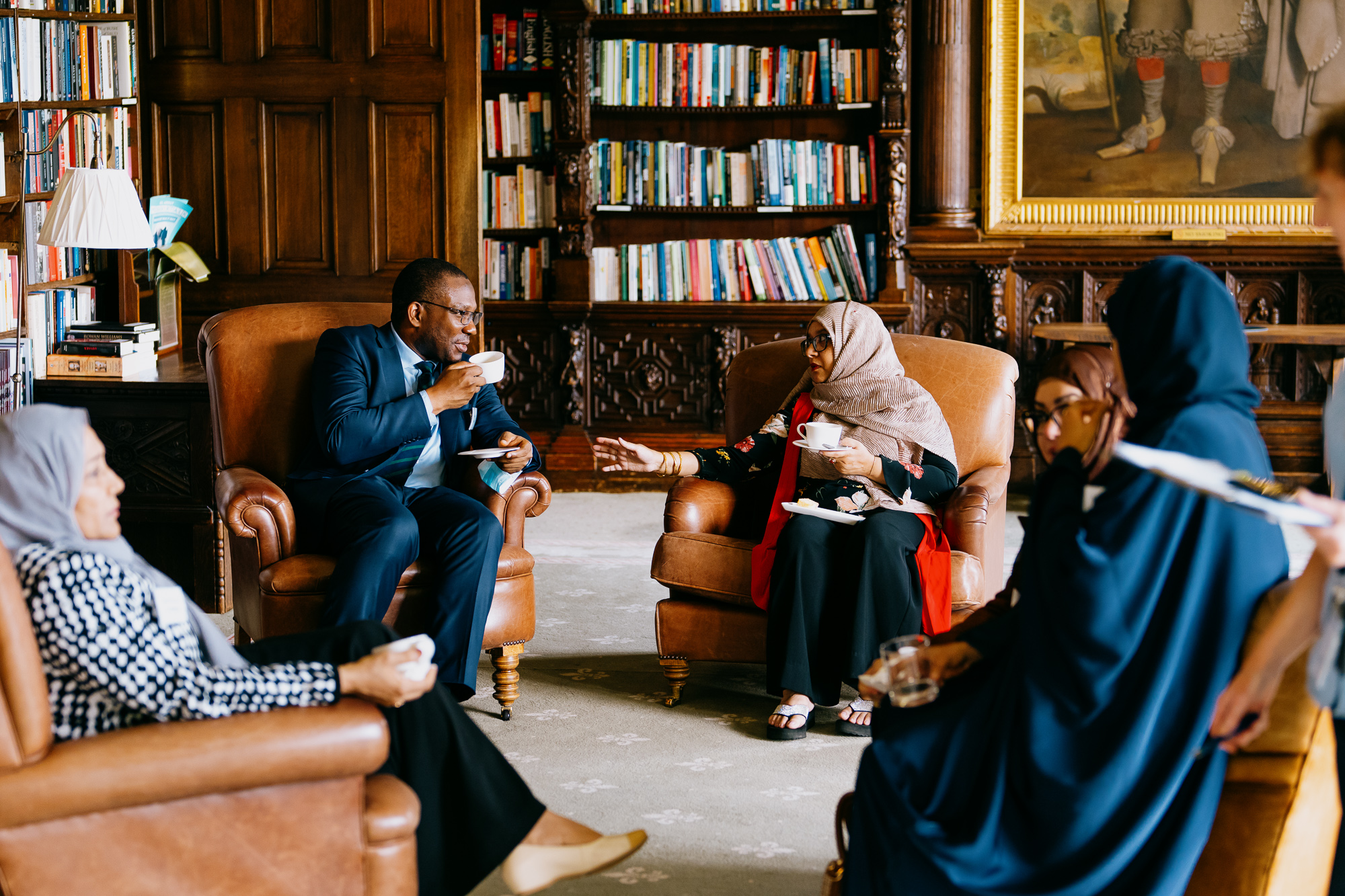Whilst this report is one of outcomes from the meeting, the meeting itself surpassed our expected outcomes which were:
1. A cohort of women leaders and male allies bonded in friendship through the exchange of ideas, and their affirmations of common cause and common action
2. Greater visibility at UN ‘moments’ of women’s leadership on key climate action advocacy strategies
3. Better joining up of often siloed environmental initiatives with specific plans to link women, youth, faith and indigenous led initiatives
4. Specific Plans for Joint action and communications –supporting each other’s campaigns
5. Present concrete plans for joint actions, build networks, and support the campaigns of active institutions.
6. Broadened base of support for ongoing climate action
We were able to achieve the event objectives because the delegates were all passionate and forthcoming with their interventions and showed true leadership with the tasks that were set. Even during the preparation of this report we have some tangible outcomes to report on which have come directly out of this meeting:
| EVENT OBJECTIVES | OUTCOME ACHIEVED |
|---|---|
| Strengthen and forge collaborations between religious adherents and committed individuals and women leaders, civil society groups, and human rights organisations on climate change issues. | Interfaith Dialogue: the conference promoted interfaith dialogue and discussions that focused on environmental stewardship and climate action. Advocacy: This event enabled various delegates to share their advocacy efforts and emphasised the importance of utilising our collective influence of religious adherents, indigenous communities and civil society to push for climate action. |
| Facilitate women leaders joining forces across sectoral lines, linking women of faith networks with women leaders in secular contexts. | Participants took advantage of the ample opportunities for networking during the conference. DICID intends to convene its own yearly meeting to continue to build on these important issues of climate, faith and women. |
| Creating a cultural and scientific platform for discussing relevant issues and providing a safe space for in-depth dialogue among climate actors in international institutions, academia, civil society, and the private sector, and inspiring, hopeful, and determined global and local leaders on climate, religious, and women’s issues. | A mapping exercise has been initiated. Initial steps have been taken to create an academic repository providing climate action resources. |
| Align women’s leadership with the ongoing efforts of youth, indigenous people and other stakeholder groups | A framework for radical collaboration has been initiated which will explore further ways to align of women’s leadership with the efforts on other stakeholders |
| Identify and plan specific upcoming advocacy moments to amplify the voices of women on climate action | Dr. Husna Ahmad will be one of the women leaders at the Global Faith Leaders’ summit for Planetary Resurgency (6/7th November 2023) hosted by the COP28 Presidency, UNEP and the Muslim Council of Elders. She will be leading a session titled the “Role of Women in driving action on climate change and integrating gender.” At COP28, an important advocacy moment will be a side-event which will include the Dandelion Project, DICID, Prof Jagbir Jhutti and moderated by Dr. Husna Ahmad. The side-event is titled “Harnessing Diversity: Gender, Faith, and Climate Change – Uniting for a Sustainable Future.” The G20 Interfaith Forum to consider an environment track at the next G20 gathering in Brazil 2024. |
